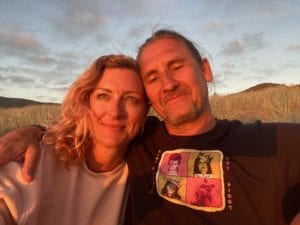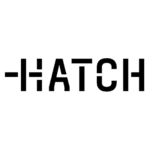
Mon’s Flavours: Making food colourful
Monisha’s journey cooking and eating fresh, healthy food started long before she joined Instagram. In India, she worked as a naturopath, as an aerobic instructor and a yoga teacher.
Life changed when her family and she decided to move to New Zealand. They began their journey in Invercargill where Monisha was unable to resurrect her career in naturopathy and started working in a meat and freezing works. A seven-month stint at the local Pita Pit reminded her how much she loved being around fresh food and simple flavours. So, when they moved to Rotorua a few months later, Monisha continued to work in hospitality. But then she got sick.
To help her body recover, Monisha resorted to making lots of smoothies. “When it came to food, I always something a bit extra, so  I’d make these pretty layered smoothies”, says Monisha. When her son saw her pretty creations, he opened an Instagram account for Monisha.
I’d make these pretty layered smoothies”, says Monisha. When her son saw her pretty creations, he opened an Instagram account for Monisha.
“I had no clue what I was doing. If you scroll down 1000 posts you will see I didn’t even know how to write hashtags correctly. But I learned. And I made friends. And then companies started approaching me to give them ideas for dishes. But it’s the smoothies that got me started”.
On the episode we talk about:
- Being real on social media
- From influencer to recipe developer, the journey
- Adding colour to food and how that can change your meal
Listen to the Podcast Here:
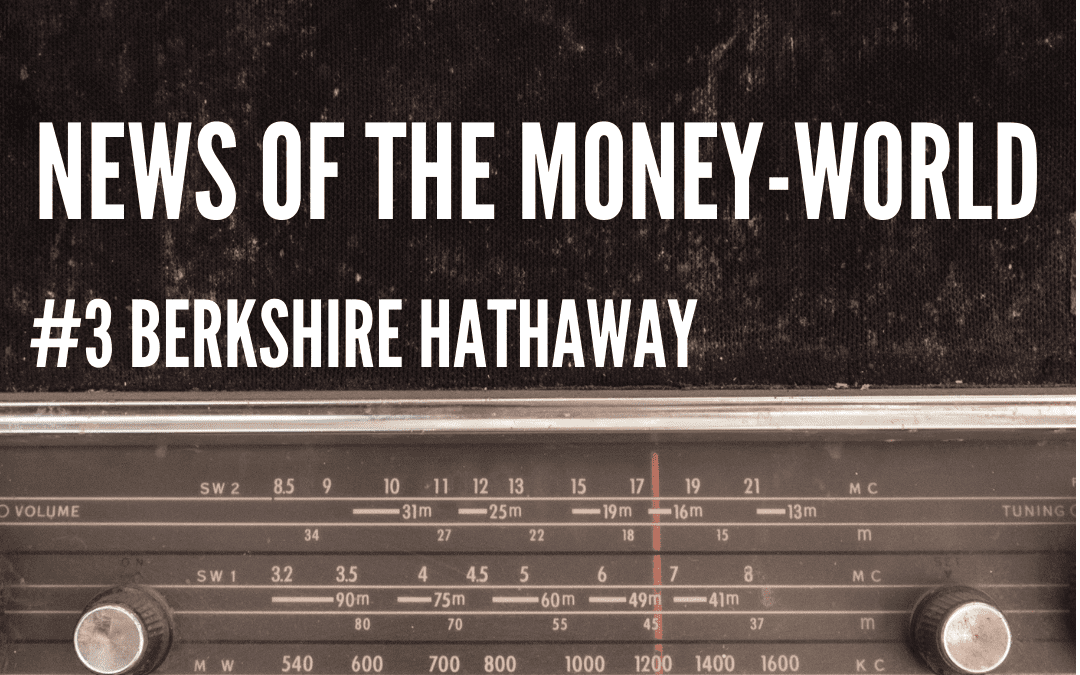
News of The Money-World / Ep 3 / Berkshire Hathaway
Welcome to a short bonus series in addition to our weekly show. In partnership with Koura Wealth, your digital KiwiSaver provider, The NZ Everyday Investor is proud to present, News of The Money-World, a short, weekly show, about what’s happening in the finance world and how that affects you, the everyday Kiwi.
Charlie Munger, Warren Buffet – possibly some of the oldest people I’ve seen talk before, and what they say, is what Rupert and I are talking about today.

NZ Sales & Marketing Insider – Episode 8: Alex McNaughten
This one’s all about the ‘s’ word! Salesman, sales coach, and sales thinker extraordinaire, Alex McNaughten is the secret behind the successful sales approaches of countless startups and high growth businesses in New Zealand. As well as acting as Virtual Chief Revenue officer across multiple companies, Alex recently co-founded sales talent incubator Apprento. Hear his thoughts on what it takes to succeed at sales and how to create an environment where your salespeople can thrive.

Making waste pay: Toby Skilton of Mutu and Oliver Hunt of MedSalv
Where there’s muck there’s brass. In this episode, Vincent talks to two entrepreneurs using technology to address waste problems at source. Oliver Hunt is founder of Medsalv, which cleans and refurbishes single-use devices. And Toby Skilton is founder of Mutu, an online exchange for sharing and hiring household equipment. Especially trailers. Both are recent startups, both deploy tech to solve seemingly impossible problems and both share a vision for a world with less toxic crap in the ground.
Hear the Podcast Here:
Check out the two businesses profiled:
Mutu and Medsalv – both Christchurch-based circular businesses winning by doing good

News of The Money-World / Ep 2 / Coinbase, SPAC’s
Welcome to a short bonus series in addition to our weekly show. In partnership with Koura Wealth, your digital KiwiSaver provider, The NZ Everyday Investor is proud to present, News of The Money-World, a short, weekly show, about what’s happening in the finance world and how that affects you, the everyday Kiwi.
Coinbase – what is it, and how’s it going to behave when the price of Bitcoin is volatile? SPAC’s, IPO’s and DPO’s – what do they all mean and what are they good for?

Ryan Fox Speaks!
Top Kiwi professional Ryan Fox, back from playing a European Tour event in Saudi Arabia, and looking ahead to the Open Championship in July, talks about what it’s like to be a travelling golf professional in the Age of Covid-19
Listen now:

News of The Money-World / Ep 1 / Bill Hwang
Welcome to a short bonus series in addition to our weekly show. In partnership with Koura Wealth, your digital KiwiSaver provider, The NZ Everyday Investor is proud to present, News of The Money-World, a short, weekly show, about what’s happening in the finance world and how that affects you, the everyday Kiwi.
Rupert Carylon and me Darcy Ungaro, dissect, discuss and deliberate the latest in money news from around the world. If you’d like to listen in to these sessions live, make sure you follow the NZ Everyday Investor on Clubhouse and tune in every Wednesday at 5:30pm.
This week, we’re discussing:
The tail of Archegos Capital Management how someone went from being worth $30bn to $0 in the space of a few weeks. This episode contains the use of one foul word, a drug reference, and mention of a family SUV – listener discretion is advised.
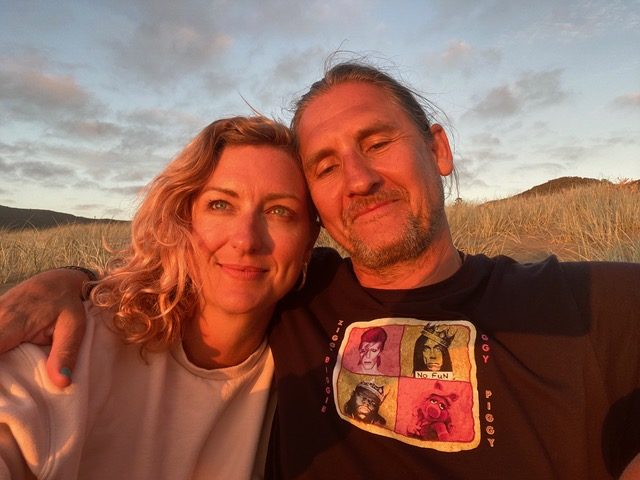
NZ Sales and Marketing Insider – Episode 7: Jenene Crossan

Early Stage Startup Story: Josh Faraimo, Kwotimation
Josh Faraimo of Kwotimation shares the story behind his early stage startup Kwotimation which recent raised $500,000 in a pre-seed funding round lead by Hillfarrance Capital. Kwotimation is a tech company that is automating the quoting process for tradespeople.
Special thanks to organisations who support innovation and tech leadership in New Zealand by partnering with NZ Tech Podcast:
Umbrellar Connect
Sumo Logic
Vodafone NZ
HP
Spark NZ
Vocus
Gorilla Technology
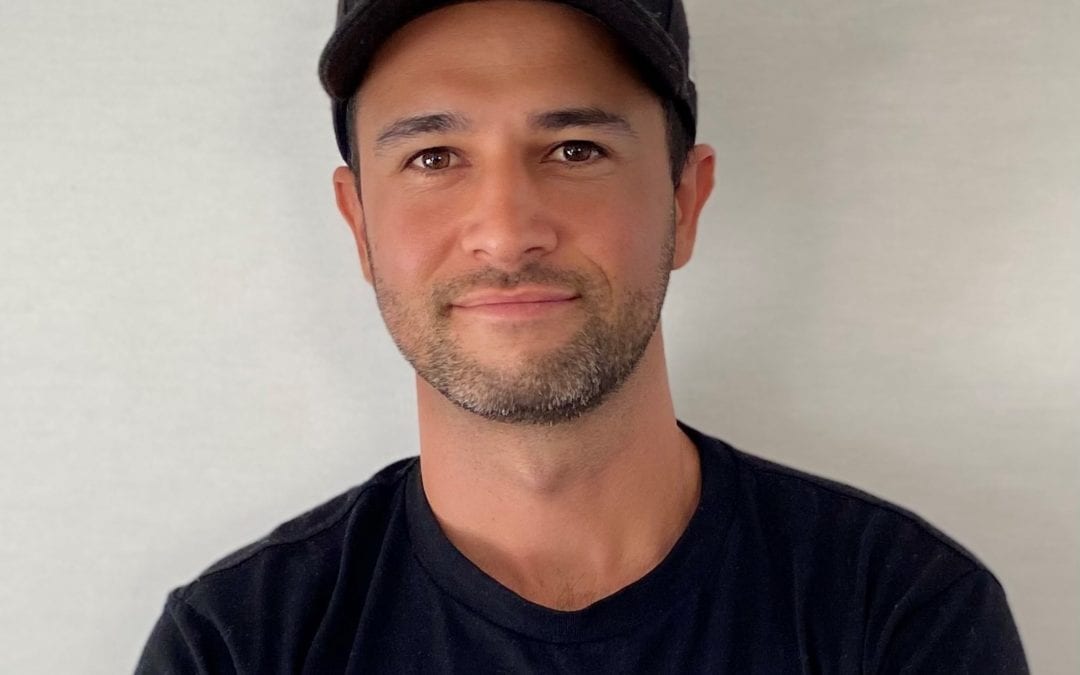
Beef Jerky that won’t survive a Bomb Blast
Ash Razmi was on a trip in the States when he tasted his first quality craft beef jerky and couldn’t get enough. After he came back home he was determined to replicate those flavours and used a home dehydrator to try making his own jerky. It took him hundreds of attempts to get the balance perfect and because beef jerky is not made the same day there was lots of recording involved to see what worked.
Most of the biltong and jerky available in NZ is made by large manufacturing brands and has a long list of artificial ingredients. Ash didn’t want to create another tough, rubbery jerky that “can last forever and survive a bomb blast”. He decided that his company, Bootleg Jerky would make jerky that’s free of nitrites, nitrates, MSG or other additives with unpronounceable names.
Listen to the Podcast Here:
Since Ash worked full-time, he had to partner with a manufacturer who would agree to make the jerky to their exacting standards.
Since then, Bootleg Jerky has grown by leaps and bounds and they have now turned their garage into a custom-built licence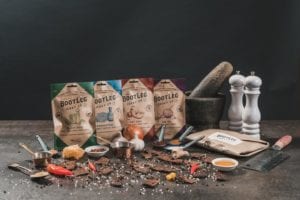 d manufacturing facility inside – and no, they didn’t actually tie up the MPI food safety officer (see their instagram video to know what I mean!)
d manufacturing facility inside – and no, they didn’t actually tie up the MPI food safety officer (see their instagram video to know what I mean!)
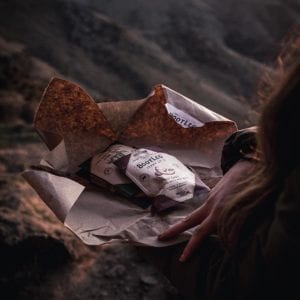
Bootleg Jerky’s secret to success is firstly creating a great product. “Our marinating process is simple. Meat plus marinade plus time, or rather, lots of time”. On the episode we talk about:
- Why having a great product is important
- Direct to consumer or being on the shelves, what’s the better strategy
- Manufacturing journey – from garage to contract manufacturing to purpose built facility
- How Bootleg Jerky spread the word

The Joy of Golf with John Hart
Former All Black coach, now on the Board of the Super Rugby Auckland Blues, talks about what golf means to him and what he gains from playing the game, no matter his score.
Listen now:

The Housing Crisis, Episode 145
We’ve been told we have a housing crisis – and recently, property investors have been asked to foot the bill to have it remedied. I’m wondering though – what exactly is the housing crisis?
The following episode contains a segment from another podcast, The Department of Conversation with Pat Brittenden. Awesome podcast and you should check it out if you haven’t already.
In the last couple of weeks, I’ve been digging into these latest changes to tax rules for property investors and this so called housing crisis. I’ve also been having a lot of discussions with property owners of all shapes and sizes, worried not only around what these changes mean to them, but how it’s going to affect the economy as a whole.
The main narrative in this space has been that due to hyper-activity of property investors, home ownership rates have suffered – first home buyers have been locked out of a market as investors have been gobbling up the existing housing stock. This is partially true in most recent history I’m sure, but I’ve yet to see data that supports the thesis that first home buyers can win somehow, by making property investors lose.
In 1921, the proportion of households that own their home, was 59%. 100 years later it’s about 65% – (https://www.stats.govt.nz/news/homeownership-rate-lowest-in-almost-70-years). While I can see data on home ownership rates, I’m not certain there’s data on what share of the 35% of non-property owners, are actively trying to get into the market – I would have imagined this would be taken into account by policy makers though…right?
Contrary to popular belief, in some ways, it’s never been easier to get into the property market, thanks to a long term decline in interest rates. When you buy a property with a mortgage, you’re not paying the price, you’re simply agreeing to make a series of payments until the mortgage is repaid. Where the price is relevant however, is when you account for the deposit that needs to be saved – without 20% deposit, while it’s not impossible, it can be tricky to gain bank approval these days.
So – if there’s a housing crisis, where did it come from? Is it an excuse to justify yet another tax on those who have, ultimately for the net benefit of those who don’t have, after the Government clips the ticket? Surely one of the first steps in determining how to fix a crisis, would be to determine it’s source – What about the lack of new housing, or the fact our interests rates have to be kept ultra-low even though by all accounts, they should actually increase.
If there’s a crisis in the area of housing, I’m going to suggest it’s not property investors and home buyers that are to blame. Either way, a housing crisis shouldn’t be justification to make it harder for tenants to pay rent, first home buyers to get into the market, and everyday property investors just trying to get above average. If this Government needs more tax, shouldn’t they come right out and ask for it – rather than manufacture anger amongst the have’s and have nots?
A couple of things to be aware of in this episode today:
-There’s some explicit language. Sorry about that – please be aware if listening in the car with kids.
-If you listen or watch the version of this show on The Department of Conversation, not that I made a mistake with one of my comments. The National Party was not the government of the day when the rules around claiming donations were changed – it was Peter Dunne, and the Government of the day was in fact Labour – sorry!
The NZ Everyday Investor is brought to you in partnership with Hatch. Hatch, let’s you become a shareholder in the world’s biggest companies and funds. We’re talking about Apple and Zoom, Vanguard and Blackrock.
So, if you’re listening in right now and have thought about investing in the US share markets, well, Hatch has given us a special offer just for you… they’ll give you a $20 NZD top-up when you make an initial deposit into your Hatch account of $100NZD or more.
Just go to https://hatch.as/NZEverydayInvestor to grab your top up.
____________________________________________________________
Like what you’ve heard?
You can really help with the success of the NZ Everyday Investor by doing the following:
1- Follow @darcyungaro on Clubhouse.
2- Write a review on Facebook, or on your favourite podcast player
3- Help support the mission of our show on Patreon by contributing here
4- To catch the live episodes, please ensure you have subscribed to us on Youtube:
5- Sign up to our newsletter here
NZ Everyday Investor is on a mission to increase financial literacy and make investing more accessible for the everyday person!
Please ensure that you act independently from any of the content provided in these episodes – it should not be considered personalised financial advice for you. This means, you should either do your own research taking on board a broad range of opinions, or ideally, consult and engage a financial adviser to provide guidance around your specific goals and objectives.
_____________________________________________________________________________





